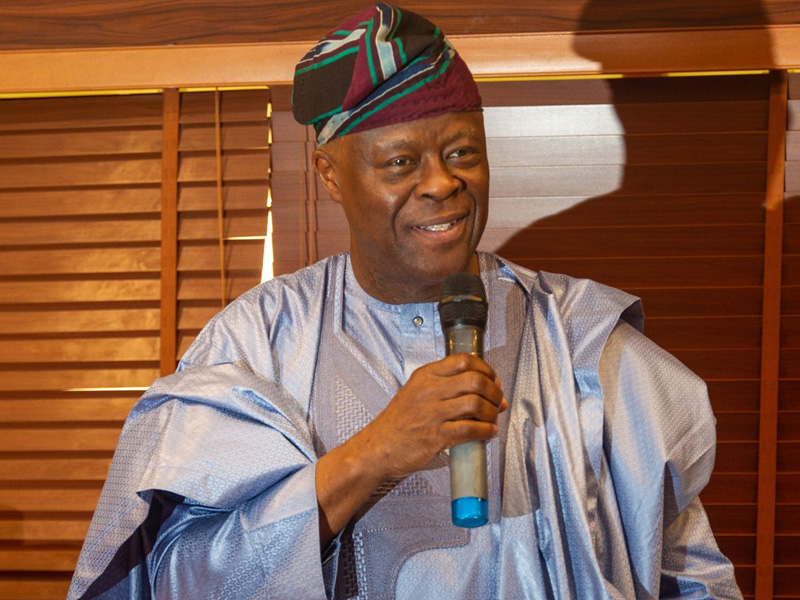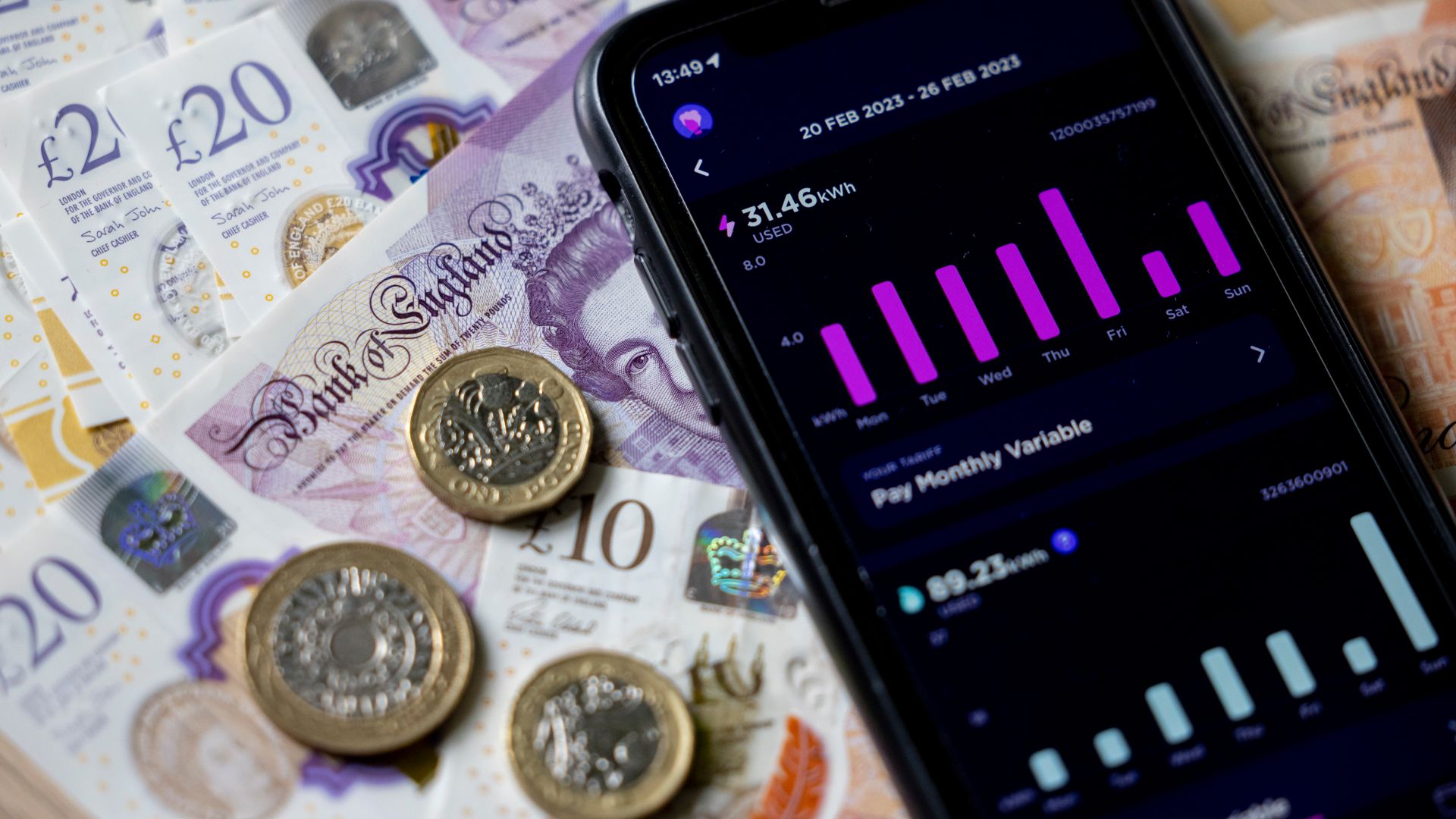The Nigerian federal government announced plans on November 2, 2023, to unveil a new phase of economic reforms aimed at achieving a one-trillion-dollar economy by 2030. During a meeting of the Federal Executive Council (FEC) in Abuja, the Minister of Finance and Coordinating Minister of the Economy, Wale Edun, shared updates concerning the administration’s economic performance and reform strategies.
Edun emphasized that the forthcoming reforms will focus on eliminating barriers to investment and enhancing productivity across various sectors. His remarks came shortly after he assumed the chairmanship of the Intergovernmental Group of Twenty-Four on International Monetary Affairs and Development, commonly known as the G-24, on November 1 for a one-year term.
During the FEC meeting, chaired by President Bola Tinubu, Edun outlined several key measures that are currently being implemented. These include a comprehensive review of tariffs and import restrictions, aimed at boosting business confidence and attracting significant capital investment.
“The next phase of reforms will remove barriers holding back investors,” Edun stated. He further explained that a detailed review of the federation and federal balance sheets is underway to optimize asset management for inclusive growth. Edun also highlighted efforts to improve fiscal reporting, tighten expenditure frameworks, and ensure that the benefits of ongoing reforms are equitably shared among all Nigerians.
In his update, Edun reported that Nigeria’s GDP grew by 4.23 percent in the second quarter of 2025, marking the highest growth rate in a decade, excluding the COVID-19 recovery period. Notably, thirteen sectors recorded growth exceeding seven percent, a significant improvement from nine sectors in the previous quarter, indicating broad-based economic resilience.
The industrial sector experienced a remarkable increase in growth, rising from 3.72 percent to 7.45 percent, reflecting improved productivity and heightened investor confidence. Furthermore, inflation eased to 18 percent in December, and foreign exchange reserves reached over $43 billion, while Nigeria’s trade surplus exceeded N7.4 trillion. These indicators reflect a trend towards macroeconomic stability.
Edun noted that consumer spending patterns have shifted, with citizens now allocating approximately half of their income to basic needs, a significant decrease from nearly 90 percent in previous years. This shift signifies a movement towards greater productivity and potential affluence.
A significant milestone for Nigeria was its removal from the Financial Action Task Force (FATF) grey list, which Edun described as a critical step in bolstering the country’s financial integrity and enhancing global confidence. He stressed the importance of mobilizing domestic resources and increasing investments in infrastructure development to foster job-rich economic growth.
The minister cited the recent successful issuance of a $2.35 billion Eurobond, which saw an order book peak at over $13 billion, as clear evidence of continued investor confidence in Nigeria’s reform agenda. Despite political uncertainties, Edun affirmed that the market remains focused on Nigeria’s economic fundamentals.
Edun reiterated the administration’s commitment to achieving the goal of a one-trillion-dollar economy by 2030, emphasizing the need for a growth rate of seven percent by 2027. “This is not just an economic target but a moral imperative to end poverty,” he said, highlighting the urgency of attracting the necessary investments.
In response to Edun’s presentation, President Tinubu acknowledged the Eurobond oversubscription as an indication of global faith in Nigeria’s economic fundamentals. He expressed optimism that despite political headwinds, international partners continue to engage with Nigeria.
In addition to economic updates, the FEC meeting included somber announcements regarding the passing of former Minister and Senator Solomon Ewuga, as well as former Chief of Staff, Major-General Mohammed Abdullahi (rtd). Council members observed a minute of silence in their honor.
As Nigeria takes on the chairmanship of the G-24, Edun outlined the group’s mission to coordinate the positions of developing countries on international monetary and development finance issues. The G-24, established in 1971, includes emerging economies from Africa, Asia, and Latin America.
In a recent address, Edun expressed gratitude to his predecessor, Luis Caputo, Minister of Treasury of Argentina, for his leadership. He highlighted the need for structural transformation in the global economy, addressing challenges such as geoeconomic fragmentation, climate change, and technological disruption.
Edun pointed out that many emerging and developing economies (EMDEs) have lost access to international capital markets, with more than half of low-income countries approaching debt distress. He underscored the estimated annual financing gap of $4 to $5 trillion required to meet the Sustainable Development Goals (SDGs).
Focusing on Nigeria’s G-24 chairmanship, Edun stated that the central theme will be “Optimising Resource Development for Inclusive, Job-Rich Economic Transformation.” This encompasses all forms of resources essential for sustainable economic progress.
The minister outlined five strategic areas of focus, including reforming the global financial architecture and enhancing domestic resource mobilization. Edun expressed a commitment to deepening G-24 engagement on the global tax agenda, promoting transparency, and tackling illicit financial flows.
As Nigeria prepares to lead the G-24, Edun emphasized the importance of fostering regional economic integration, advancing climate finance, and supporting job creation through value-added manufacturing. He reiterated Nigeria’s commitment to amplifying the voice of EMDEs in global financial governance, ensuring that structural transformation delivers tangible benefits for all citizens.







